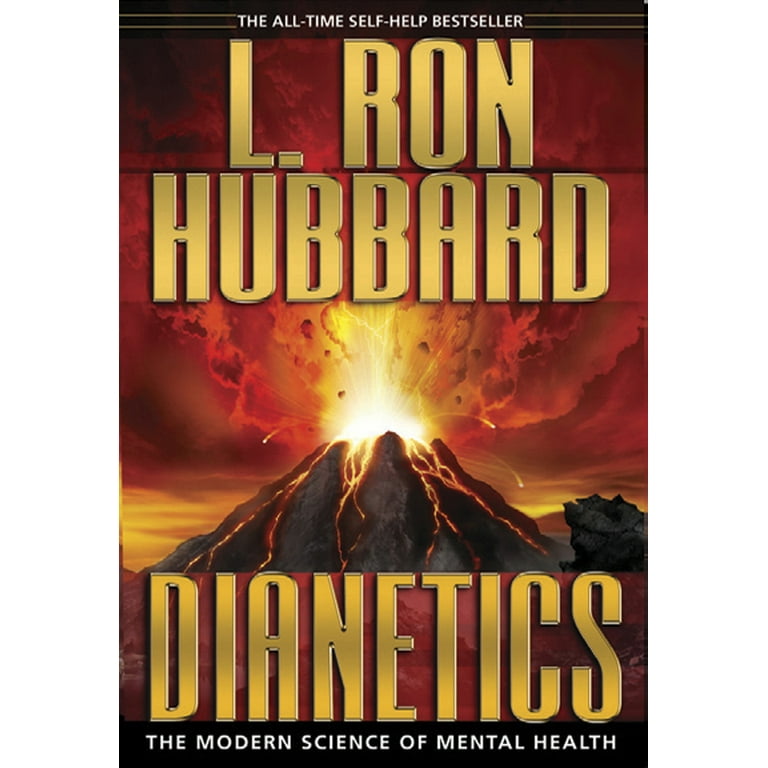Some Known Incorrect Statements About Dianetics
Some Known Incorrect Statements About Dianetics
Blog Article
The Dianetics Statements
Table of ContentsThe Dianetics StatementsDianetics - QuestionsThe Only Guide for DianeticsOur Dianetics PDFs
I could not ever before not intend to obtain anything that enters your mind for you- if it was or else, I would not be resting below with you, doing this. I not only could never ever have a trouble, or otherwise desire to hear something that comes to mind for you, yet I'm entirely anxious to recognize every idea, every thought, every photo or sensation that arises or manifests for you- do not ever before believe otherwise, and if somehow you do, please simply let me understand! Occasionally, you might have a thought, and photo, concept or event pop up that does not appear to answer the question, or associate with it, but however, always do tell me regarding it, and as we proceed, the significance will emerge for you.This is fundamental in the basis of processing, and the topic of this discussion: the standard roles of the therapist and the client: The standard role of the counselor is, as opposed to "typical training", not to manage, which suggests to implement and/or prevent, yet to instead function from the basis of EMPOWERING THE CLIENT.

Dianetics Can Be Fun For Everyone
John Mcmasters expressed this standard truth wonderfully well in one of his talks on Power processing, in which he discusses just how he was asked what this "unique propensity" was that he had for giving such wonderful sessions; he needed to think regarding that for a minute, and found that it was what he had not been doing, along with what he was doing: he wasn't assessing, evaluating, computing, or as a matter of fact, creating any kind of thoughts, not to mention spoken expressions, after offering the command and while waiting for the PC to finish their solution to their complete satisfaction; he was, merely and just, existing with the computer, and entirely interested.
The role of the counselor, demonstrated; that was his "special propensity". I have had my very own experience which taught me this well, very early on in the game. In 1982, having actually recently finished my training and teaching fellowship on New Period Dianetics, I was running this on a COMPUTER, and there was a point in the session where (being a bit wet behind the ears not yet having lots of hours under my belt as a professional auditor) the PC seemed to be "taking Click This Link too long" to share anything verbally after I gave him a command.
This key transformed out to be one of the most important contribution that John ever before made to the topic of treatment or auditing (Dianetics). In my simple viewpoint, it is the biggest contribution that any individual has actually ever made to these subjectsthe application is totally non-judgemental, non-evaluative, and lacking any type of tip, recommendations or opinion.no preconditioned program for people, or 'levels' that they have to do
In Idenics, the only source of information concerning a customer is the private customer. In Scientology we prided ourselves on not examining for people. All that actually implied was that the auditor did not VERBALLY assess for the PC in session. The registrars and values policemans assessed for the PC.
5 Easy Facts About Dianetics Shown

Anybody that had ever before seen John audit could not assist but observe a distinct quality in his bookkeeping."The client's standard role is to be there with the purpose of moving in the instructions of their spiritual objectives, and to easily and totally express and experience whatever shows up for them in responding to the questions and carrying out the guidelines in the processing.
This is something to procedure as needed. Additionally, individuals regularly have previous experience and/or indoctrination in auditing/processing which, in some methods, and to some levels, really misguides them into perspectives, concepts and actions patterns that avoid the discover here full awareness of these duties, and so they will certainly tend to hinder the expressing of what comes to mind, home as in the instances given over - Dianetics. * The initial, and possibly foremost instances of mis-indoctrination leading to less than completely smooth and effective sessions, can be found in specific facets of the training regimens, or "TR's":"TR's" are often an individual's initial, or at the very least early, experience in Scientology, and while I will certainly go on to clarify what I see as the imperfections in principle and method, nevertheless, tend to be considerably therapeutic, done as they are given (Hubbard firmly insists that "TR's are not refining, they are educating", but factually, they are both processing AND training)
There is no "failing", and no denial of the reality of this being handling. The emphasis, as it ought to be, is on experiencing the various other individual's presence.
Excitement About Dianetics

Report this page